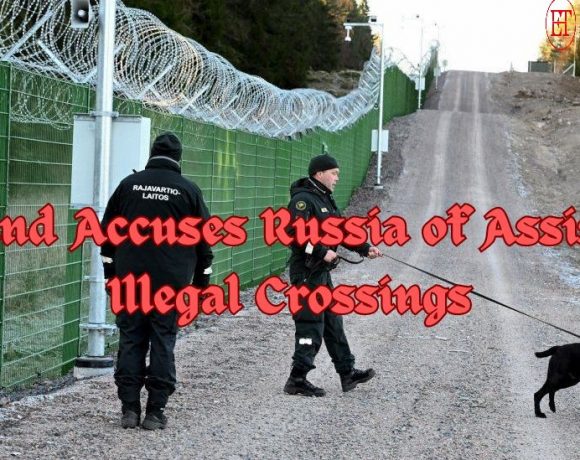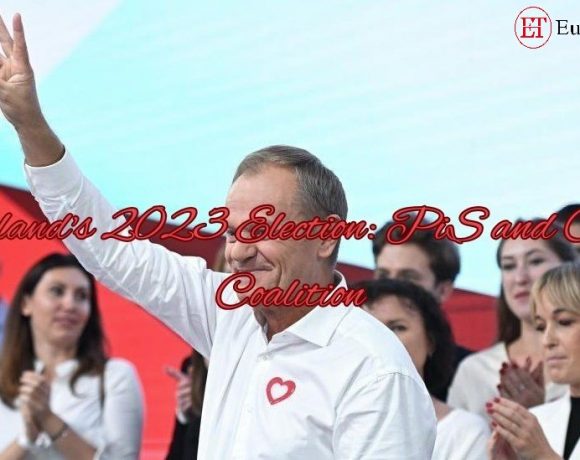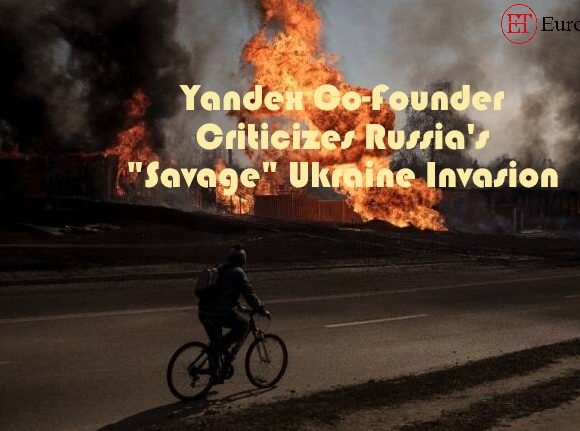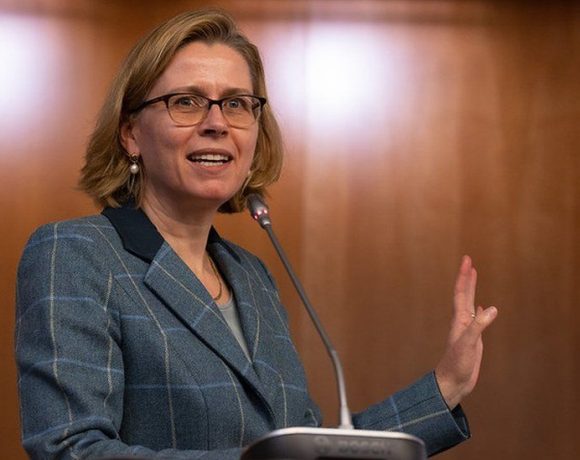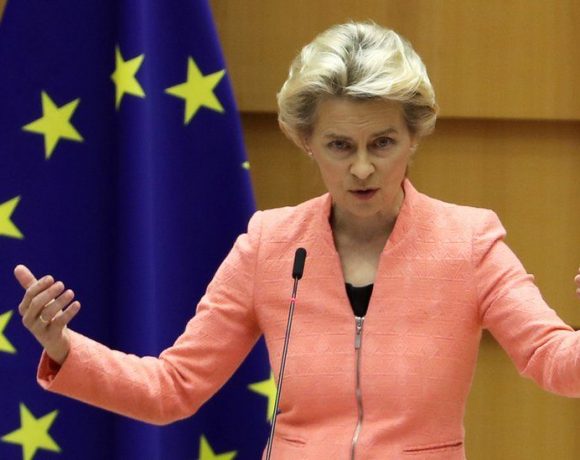
Geert Wilders, a veteran anti-Islam populist leader, has achieved a significant victory in the Dutch general election, securing 37 seats for his Freedom Party (PVV) after 25 years in parliament. This outcome has shaken Dutch politics and is anticipated to have repercussions across Europe. Despite his success, Wilders needs to form a coalition government by persuading other parties to join him, aiming for a total of 76 seats in the 150-seat parliament.
Wilders capitalized on public frustration regarding migration issues, promising to “close borders.” However, he temporarily shelved his proposal to ban the Koran. In his victory speech, Wilders expressed the desire to govern and acknowledged the substantial responsibility that comes with the support he received.
Before the election, major parties had ruled out participating in a Wilders-led government due to his far-right policies. However, the scale of his victory may prompt reconsideration. The left-wing alliance under Frans Timmermans came in second with 25 seats, rejecting any collaboration with a Wilders-led government.
The third-placed VVD, a center-right liberal party led by Dilan Yesilgöz, and a new party formed by whistleblower MP Pieter Omtzigt in fourth, remain potential coalition partners. While Yesilgöz previously stated she would not serve in a Wilders-led cabinet, she did not rule out working with him. Omtzigt, initially hesitant, now expresses willingness to cooperate.
Wilders’ victory has garnered praise from nationalist and far-right leaders across Europe. He advocates for a referendum to leave the EU, known as “Nexit,” although this may face resistance from potential coalition partners.
During the campaign, Wilders softened his anti-Islam rhetoric, focusing on issues such as migration. He strategically deferred policies like banning mosques and Islamic schools. The campaign capitalized on dissatisfaction with the previous government’s collapse over asylum rules.
Migration emerged as a key theme, with Wilders vowing to address a “tsunami of asylum and immigration.” Net migration into the Netherlands surged to over 220,000, exacerbated by a shortage of 390,000 homes.
Despite the shock of Wilders’ victory, challenges lie ahead in forming a government, particularly due to his far-right stance. The international precedent suggests that excluding radical right-wing parties may diminish their influence.
In conclusion, Geert Wilders’ triumph in the Dutch general election has political implications for the country and echoes across Europe, with the formation of a coalition government presenting a complex task for the populist leader.
Picture courtesy: Google/images are subject to copyright

